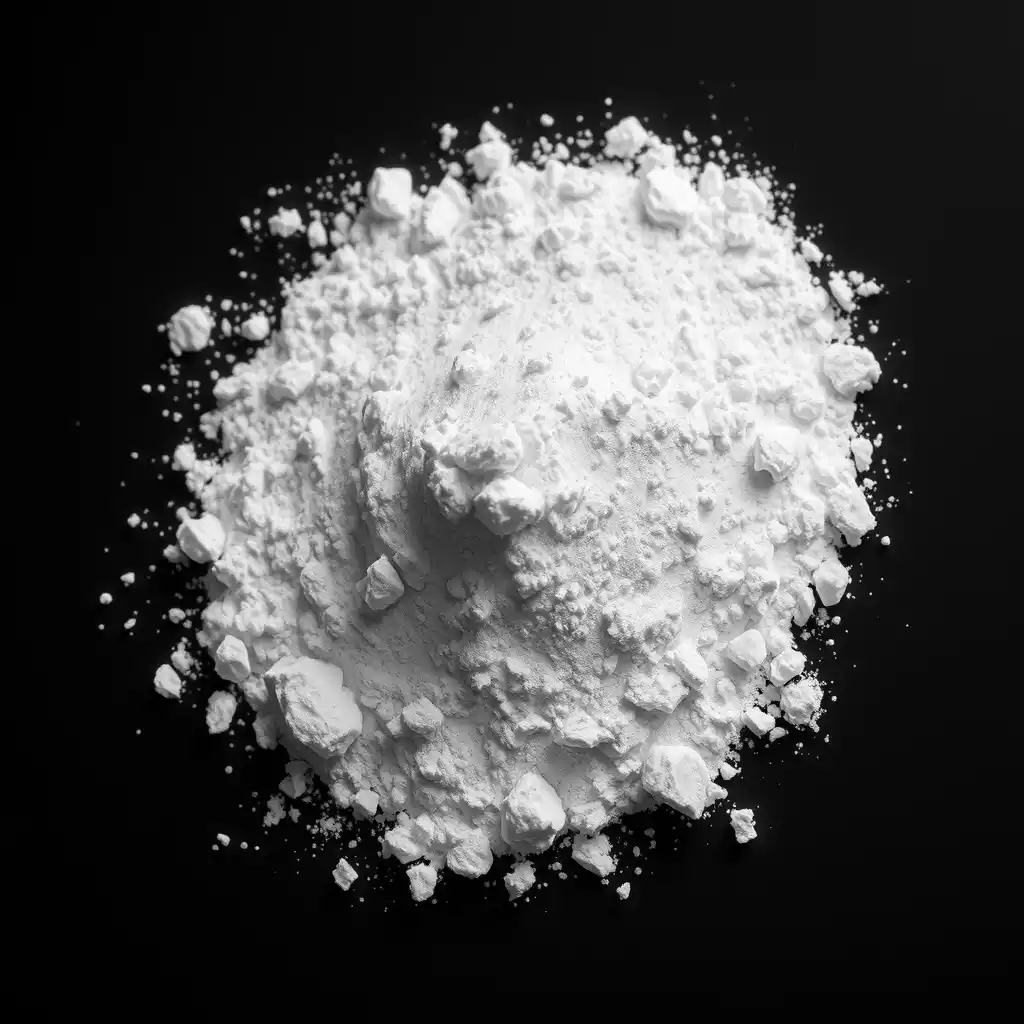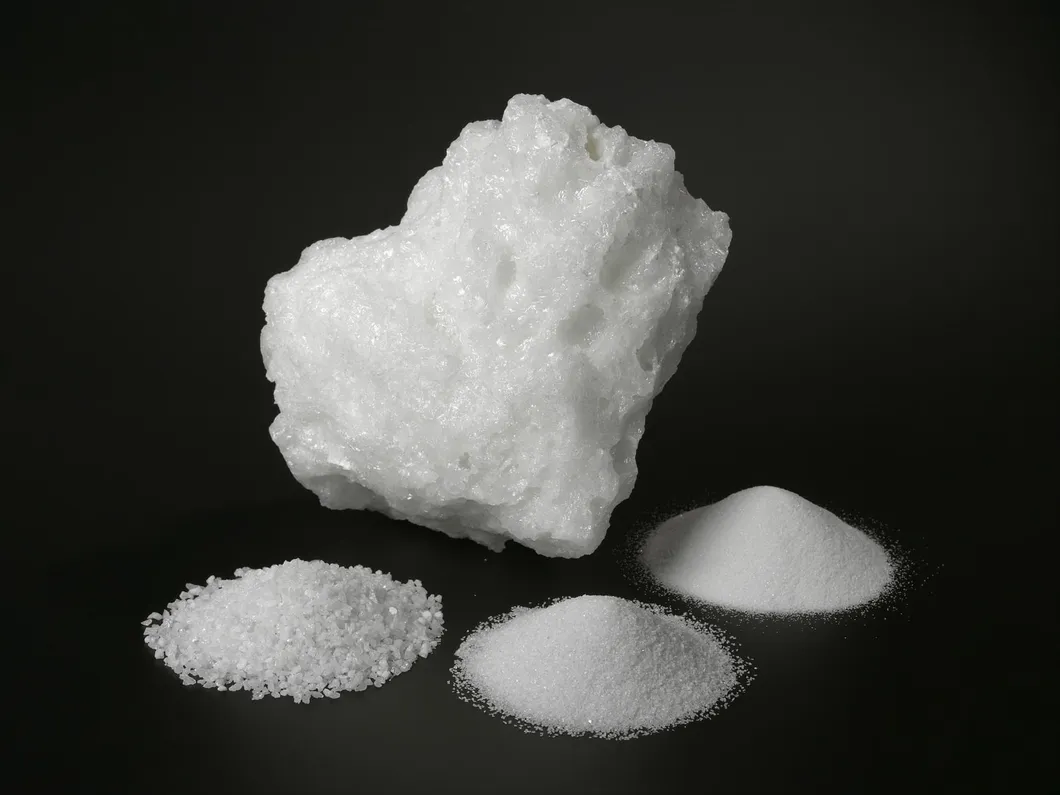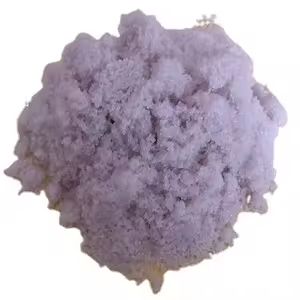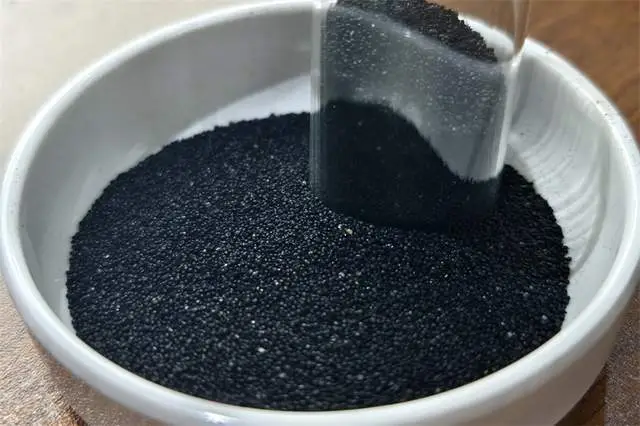![]()

Yttrium Oxide for Automotive Industry: Transforming Vehicle Performance
Introduction: The Growing Role of Yttrium Oxide in the Automotive Sector
In today’s rapidly advancing automotive industry, the need for materials that offer both durability and efficiency is paramount. Yttrium Oxide for automotive applications has emerged as a critical component, revolutionizing various aspects of vehicle manufacturing and performance. This article delves into the significant ways Yttrium Oxide is influencing the automotive industry, providing insights from various authoritative sources and linking to Honrel’s Yttrium Oxide offerings.
Table of Contents
1. Enhancing Durability and Performance of Automotive Components
Yttrium Oxide, known for its exceptional thermal stability and corrosion resistance, is increasingly used in high-performance ceramic components in automobiles. These components are vital for enhancing the longevity and reliability of vehicles. According to CoorsTek, Yttrium Oxide-stabilized ceramics are pivotal in manufacturing engine parts and brake systems, where heat resistance and durability are crucial.
- Engine Components: Yttrium Oxide ceramics help maintain structural integrity under extreme temperatures, reducing wear and tear.
- Brake Systems: The material’s ability to withstand high temperatures ensures brake pads remain effective even under harsh driving conditions.
These applications highlight the material’s contribution to extending the life of critical automotive components, reducing the need for frequent replacements.
2. Advanced Coatings for Automotive Surfaces
The automotive industry continually seeks coatings that can enhance both the aesthetic appeal and durability of vehicle surfaces. Yttrium Oxide has found a place in advanced coating technologies, particularly in protective and decorative layers. As detailed by AGC, Yttrium Oxide-based coatings are used to protect vehicle surfaces from environmental damage, such as corrosion and wear.
- Corrosion Resistance: Yttrium Oxide coatings provide a robust shield against rust, particularly in vehicles exposed to harsh climates.
- Enhanced Aesthetics: The material’s contribution to achieving a glossy, smooth finish enhances the visual appeal of vehicles.
By integrating Yttrium Oxide into automotive coatings, manufacturers can ensure longer-lasting and visually appealing vehicles, which in turn improves customer satisfaction.
3. Efficient Lighting Systems
Automotive lighting has evolved significantly, with Yttrium Oxide playing a central role in this transformation. Yttrium Oxide-based phosphors are critical in the production of energy-efficient and long-lasting LED and HID lamps used in modern vehicles. According to ScienceDirect, these phosphors are essential for producing the bright, consistent light required for automotive headlights.
- LED Headlights: Yttrium Oxide phosphors enhance brightness and energy efficiency, ensuring better visibility and safety on the road.
- Interior Lighting: The material is also used in interior lights, providing a warm, consistent glow that enhances the driving experience.
The use of Yttrium Oxide in lighting systems not only improves safety but also contributes to the energy efficiency of vehicles, aligning with global sustainability goals.
4. Catalytic Converters and Emission Control
Reducing emissions is a critical focus in the automotive industry, and Yttrium Oxide is making a significant impact in this area. Yttrium Oxide is used in the production of catalytic converters, which are essential for converting harmful gases into less toxic substances before they are released into the atmosphere. As highlighted by the EPA’s Green Chemistry initiative, Yttrium Oxide helps improve the efficiency and longevity of these converters.
- Thermal Stability: Yttrium Oxide enhances the durability of catalytic converters, allowing them to function effectively under high temperatures.
- Emission Reduction: By improving the performance of catalytic converters, Yttrium Oxide contributes to reducing the environmental impact of vehicles.
This application of Yttrium Oxide supports the automotive industry’s ongoing efforts to meet increasingly stringent emission standards.
5. Lightweight Materials for Fuel Efficiency
The drive towards fuel efficiency in the automotive industry has led to the adoption of lightweight materials, and Yttrium Oxide plays a role in this trend. Yttrium Oxide is used as an additive in the production of lightweight alloys, particularly in magnesium and aluminum, which are crucial for reducing the overall weight of vehicles. As noted by Stanford Advanced Materials, these alloys are essential for improving fuel efficiency and reducing emissions.
- Magnesium Alloys: Yttrium Oxide enhances the strength and corrosion resistance of magnesium alloys, making them suitable for automotive applications.
- Aluminum Alloys: The addition of Yttrium Oxide improves the mechanical properties of aluminum, allowing for the production of lighter yet stronger vehicle components.
By utilizing Yttrium Oxide-enhanced alloys, manufacturers can produce vehicles that are not only more fuel-efficient but also environmentally friendly.
Conclusion: Yttrium Oxide’s Pivotal Role in Automotive Innovation
Yttrium Oxide is proving to be a transformative material in the automotive industry, with applications ranging from durable ceramics and advanced coatings to efficient lighting systems and emission control technologies. As the industry continues to evolve, the demand for high-quality Yttrium Oxide will only grow. For automotive manufacturers looking to leverage this versatile material, partnering with trusted suppliers like Honrel ensures access to top-grade Yttrium Oxide tailored to meet their specific needs.
Frequently Asked Questions (FAQ)
1. How does Yttrium Oxide enhance the durability of automotive components? Yttrium Oxide’s thermal stability and corrosion resistance make it ideal for use in high-performance ceramics, extending the lifespan of critical automotive components.
2. What are the benefits of Yttrium Oxide in automotive lighting systems? Yttrium Oxide-based phosphors provide brighter, more efficient lighting solutions, improving visibility and reducing energy consumption.
3. Can Yttrium Oxide be used in lightweight vehicle construction? Yes, Yttrium Oxide is used in magnesium and aluminum alloys, which are essential for producing lightweight, fuel-efficient vehicles.
4. How does Yttrium Oxide contribute to emission control in vehicles? Yttrium Oxide is used in catalytic converters to enhance their durability and efficiency, reducing harmful emissions from vehicles.
5. What role does Yttrium Oxide play in automotive coatings? Yttrium Oxide-based coatings protect vehicle surfaces from corrosion and wear, while also enhancing their aesthetic appeal.
Analysis Table: Yttrium Oxide in the Automotive Industry
| Application | Benefits | Examples |
|---|---|---|
| Ceramic Components | High thermal stability, wear resistance | Engine parts, brake systems |
| Automotive Lighting | Enhanced brightness, energy efficiency | LED headlights, interior lights |
| Coatings and Surface Treatments | Corrosion resistance, improved aesthetics | Exterior paint coatings, protective layers |
| Catalytic Converters | Thermal stability, emission reduction | Ceramic monoliths in exhaust systems |
| Lightweight Materials | Reduced weight, high strength | Magnesium and aluminum alloys |
Analysis Table: Impact of Yttrium Oxide on Automotive Innovation
| Area of Innovation | Impact of Yttrium Oxide | Long-Term Benefits |
|---|---|---|
| Durability | Enhanced longevity of automotive components | Reduced maintenance costs, improved safety |
| Efficiency | Lightweight materials, improved fuel economy | Lower emissions, cost savings for consumers |
| Sustainability | Improved emission control, lightweight design | Reduced environmental impact, regulatory compliance |
| Performance | High-performance ceramics, advanced electronics | Better vehicle handling, more reliable systems |
Summary
Yttrium Oxide’s role in the automotive industry is undeniable, driving innovations that enhance vehicle performance, efficiency, and sustainability. As the industry continues to prioritize these factors, Yttrium Oxide will remain a key material in automotive manufacturing. For those seeking to harness the benefits of Yttrium Oxide, Honrel offers a reliable source of high-quality materials designed to meet the rigorous demands of the automotive sector.





